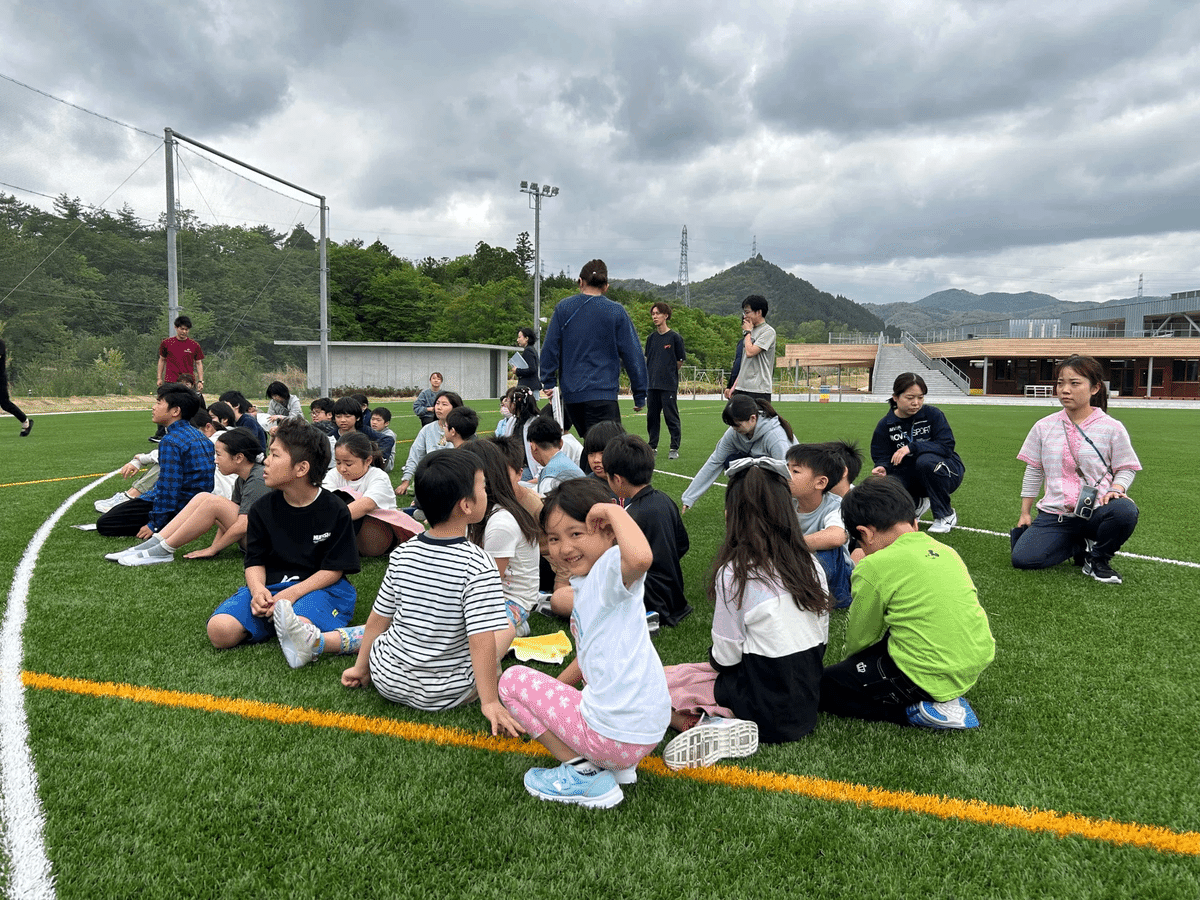
【A daily record】If...
Hello everyone.
This week could be considered the gap between the holidays, but we are still running at full speed in Yumenomori.
Now, let's look back on today.
If.
As soon as we put this word at the beginning of a sentence, our minds cross the threshold of reality and drift into fantasy.
"What if I were a king...?"
"What if I could become friends with Doraemon..."
When I was a child, my sister and I would passionately discuss what we would do if we won the lottery, and in the end, we got into a physical fight because we didn't know how to spend it. It's a foolish memory, like "the raccoon dog won't take it..."
After asking "what if," letting your desires take over your fantasies is a fun way to spend your time, but once you start thinking of dark images after "what if," your anxiety and fear will increase and you won't be able to calm down.
"What if I get seriously ill..."
"What if a huge earthquake occurs..."
The ancient Chinese man of Qi worried, "What if the sky were to collapse..." and this became the origin of the word "groundless worry." It's a famous story, but can we really laugh at it as shallow?
Even in modern times, we cannot be sure that we don't waste time by being overly afraid of tragedies that start with "what ifs," or by underestimating reality and saying "there are no what ifs."
We need to put an end to the chain of pointless "negative what ifs" and learn to "fear" properly.
"What if a huge earthquake occurs"
"What if a fire breaks out"
Fearing these properly is never "groundless worry."

As usual, this is getting longwinded.
Now, as for why I wrote this...
The Yume no Mori evacuation drill was held during the third period today.
Since this is an evacuation drill, the students were not informed in advance. So, were they able to escape safely?
In the middle of the third period, an emergency broadcast suddenly comes on.
"A big earthquake has occurred. Please hide under your desks until the shaking stops!"
Are they okay? ...Huh, surprisingly, there is no big fuss. Everyone waits calmly.
"Whirl, whirl! Fire, fire!"
Then the fire alarm starts ringing loudly. It seems that the previous earthquake caused a fire in the science lab.
The students are calm and do not make any fuss.
"It's just a drill anyway..."
If you think about it, it may seem calm, but let's use the expression "calm and collected" in accordance with the principle of human goodness.
All the students of Yume no Mori are safely evacuated to the schoolyard.
"Yes. Thank you for your hard work in the evacuation drill. The time was 2 minutes and 42 seconds."
I can't tell if this is early or late. The students seem to be the same, and there is no fuss like usual. In my opinion, there seems to be a sense of being "forced" or "going along with it" somewhere in the air. It's not "groundless worry," but it's not "proper fear."
"If there really is a fire, we'll do it properly..."
It's like hearing their inner voices.
"If you can't practice, there's no way you can do it in real life!"
GM Nango begins to speak.
"Everyone, please protect your own lives. This is really important."
Perhaps sensing the mood of the students, GM Nango's tone seems stronger than usual.
"During the Great East Japan Earthquake, more adults were killed than children. Why?... Many people returned home to make sure their children were safe. They were killed there... Many adults cannot take action to protect themselves unless they make sure their children are safe.... If everyone can confidently say that they can protect their own lives, perhaps there will be fewer adult casualties.
Please discuss with your family how to protect your own life in the unlikely event of an emergency."
The sixth grade girl nods quietly and vigorously.
It seems that GM Nango's sincere words reached the students.

Afterwards, the firefighters from Tomioka Fire Station taught the students the rules of evacuation, "Okashimochi." Everyone listened to the firefighters' easy-to-understand explanation with a look of understanding. Some even said, "I know it! I've heard that!"
It was a happy reaction, but knowing it and putting it into practice are not the same thing. It's not enough to just take it with a grain of salt because you know it, but you need to imagine "what if" situations over and over again and make it so that your body can react even instantly. It's no easy task. There is no time to "be cool."
Finally, the designer handled a fire extinguisher and actually put out a fire.
Seeing the flames burning in front of them and feeling the heat of the flames on their skin from a distance, the students finally seemed to be able to take "what if" as something that applies to them.

The first letters of the name make up the word "Okashimochi".

Japan is a country prone to earthquakes.
For those of us who live in this country, earthquakes are inevitable. Crisis management is never something that can be ignored.
Also, looking around at the situation around Japan, we cannot say for sure that peace will continue forever.
"What if..."
There is no need to worry like the people of Ki, but we should anticipate all possible situations, fear "properly," prepare to protect our own lives in the event of an emergency, and discuss it with others. This is the most important thing.
If something is "unforeseen," we cannot protect our one and only happiness.
"What if a huge earthquake occurs..."
"What if Yume no Mori catches fire..."
It is not inappropriate to think about these things.
